What is conceptual understanding in IB?
Ms. Darby, Elementary School Principal and IB PYP Coordinator at CGK International School, wrote about conceptual understanding in the International Baccalaureate (IB).
Think back to something that you learned in 5th or 6th grade. Think about the subject, how you were taught, how you still use that information or skill, and what it is that makes it something you can still remember. If you’re anything like me, the main lessons you’ve kept have nothing to do with the facts that we memorized in school.
I was a good student. I got good grades. I did well on tests. I enjoyed doing homework. I was the type of student that most schools are designed for. The type of student who can sit quietly, remember to raise my hand, complete assignments on time, remember to turn them in, and in general follow the social contract of traditional schooling. But when I think back to my learning in school, the main things that stick out are how to USE new information, how to put it in context, and how to understand if it’s information I need. I don’t remember every phase of cell division. But I remember the differences between normal cell division and reproductive cell division. So I can understand when information comes out about new cancer treatments or why my daughter’s hair is blond even though mine is brown. Because of my experience in IB as a student, I can read new information and look at sources, consider perspectives, and place new information into more generalized understandings about the world. Many aspects of the IB curriculum work together to focus on those skills and understandings that will help us as we navigate the world well into our adulthood. One of the main components of this curriculum is an emphasis on conceptual understanding.
Focusing on conceptual understanding doesn’t mean we ignore facts or basic learning. It does mean that the smaller facts and details we are learning are put into context through the key concepts. When we learn about historical events it is important to learn names, places, dates. That helps us orient new information in time and place. But the important thing about studying World War I is not the exact time and place of events that occurred during the war. The important thing is understanding the connections between how countries perceived events and how their responses to such events led to the conflict. These concepts help us understand current events and where current events may lead depending on how we respond to them. In the PYP, the key concepts are form, function, change, causation, connection, responsibility, and perspective. So what exactly is a “concept”.
According to the IB, “A concept is a ‘big idea’- a principle or motion that is enduring and is not constrained by a particular origin, subject matter, or place in time. Concepts represent ideas that are broad, abstract, timeless, and universal” (IBO, 2018, pg. 48 PYP: From principles into practice). These concepts are therefore how we can structure information, not just in school, but as we need to seek out and utilize new information in our careers and everyday life. When our students learn about the specific structure and function of neurons like in one of the Grade 1 UOIs from this year, they are learning more than just the shape and vocabulary related to neurons. They are learning about connection, form, and function in general, in a way that helps them make sense of new information later. And they may not remember the word “dendrite” a year from now, but they will not forget that there is a system in our body that allows our brain to tell our fingers to close on an object. This understanding of the key concepts will allow them to better assimilate new information in the future, whether it be in later biology classes or as adults reading about medical problems and solutions.
Even as we look at continuing education, it is really the concepts behind the learning that are so foundational. One of my favorite classes in my Master’s of Education program was curriculum design. I read about different approaches to curriculum design, read about different innovators in the realm of curriculum design, and the history of how the perceived purpose of school has impacted curriculum design over the centuries. Can I repeat now any of the readings that I poured myself into then? Can I even remember the name of my favorite curriculum designer that I was completely blown away by? No. But I do remember the broader lessons of how the function of school affected its form. And how different cultural perspectives impact school decisions. These broader conceptual understandings help me analyze new research in the field of curriculum design and make sense of how our school can make use of the best educational practices in a way that honors the culture of our families and the vision and mission of CGK.
It is in some ways much simpler to look at educational goals and objectives in the terms we grew up with, as a list of facts and specific skills to learn each year. Parents and teachers can easily focus on a list of terms and ask students to memorize them and then write them on a piece of paper at an appropriate time. But that memorization is short lived and serves little purpose without contributing to greater, long-lasting understanding about the world we are in and contribute to.
An emphasis on conceptual understandings doesn’t erase the need for students to learn how to do long division or write a well-structured paragraph. It doesn’t mean it’s not important to learn about history and how our governments have developed and work. Rather, it provides a framework that supports learning those facts and skills as well as using that knowledge to create a mindset that is ready for the information overload that is now part of our society. We walk around with all the information in the world available at any time. But without a framework for understanding information, there is little we can do with any of that information in terms of supporting our action. Conceptual understandings were always important in school, but they were largely an afterthought or developed haphazardly. By being intentional about conceptual understandings and structuring inquiry and learning around the key concepts, we are able to ensure the best outcomes in terms of international-mindedness and 21st century skills.
Author Profile
-

-
Darby - ES & MS Principal / Head of Learning (USA)

ES/MS Principal and Head of Learning of CGK International School. From New York, America with Master's Degree in Education.
A graduate of the International Baccalaureate (IB) DP herself, she has been passionate about teaching children and IB education for over 30 years.





















